Isla Cristina, a coastal municipality in the west of Huelva, is the location of one of Spain's pioneering samphire plantations. The crop is grown by Marsh Foods along the shores of the Atlantic Ocean.
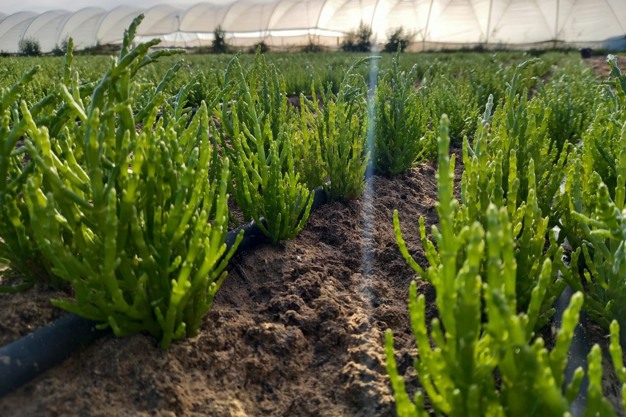
“Samphire is a halophyte plant that develops naturally in tidal influence areas,” says Manuel Díaz. “I remember many years ago, around 2004, while guiding a tour of the marshes of Isla Cristina, a French client noticed the plant and told me that in France it's consumed pickled, like gherkins. Later, in 2011 and 2012, we started hearing more and more about samphire, so my partner and I decided to look into it and see if we could take advantage of this resource that existed in our environment.”
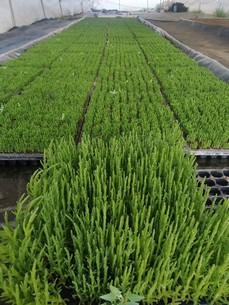 “At that time, the only references we had were business models based on the harvesting of samphire, not its cultivation, because nobody had the experience in Spain, but after 2 years monitoring the samphire populations in the area, we concluded that they were too small and unstable to be viable, and their harvest could have a significant impact on the ecosystem, so we considered starting to cultivate it. And it was a great challenge.”
“At that time, the only references we had were business models based on the harvesting of samphire, not its cultivation, because nobody had the experience in Spain, but after 2 years monitoring the samphire populations in the area, we concluded that they were too small and unstable to be viable, and their harvest could have a significant impact on the ecosystem, so we considered starting to cultivate it. And it was a great challenge.”
“In 2013, we only found one company in Shanghai that sold samphire seeds, but it was a different species from the one that grows in the Atlantic, and we didn't want our plantation to spread a non-native species through the marshes, so our only option was to collect the seeds from our own marshes, and with those we started our crops in 2016,” says Manuel.
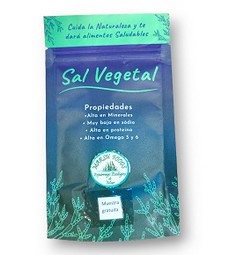 “Nowadays, we are marketing the fresh product in a season that this year is expected to start in April, and following the plant's natural cycle, usually ends in mid-September. However, our entire process is circular. With the parts of the plant that don't go to the fresh market, we produce samphire salt, spheres and jam; and after collecting the seeds for the next season, we burn the ripe plants to manufacture natural soap with their ashes, as was done in the past.”
“Nowadays, we are marketing the fresh product in a season that this year is expected to start in April, and following the plant's natural cycle, usually ends in mid-September. However, our entire process is circular. With the parts of the plant that don't go to the fresh market, we produce samphire salt, spheres and jam; and after collecting the seeds for the next season, we burn the ripe plants to manufacture natural soap with their ashes, as was done in the past.”
But the potential of samphire is much greater, and Marsh Foods is looking into possibilities along with institutions such as the Biomedicine Institute of Seville, the Virgen del Rocío University Hospital or the University of Huelva. The plant contains compounds with preventive properties against stroke, and its ability to absorb nitrates and phosphates makes it a “perfect tool” for the bioremediation of contaminated soils, says Manuel Díaz.
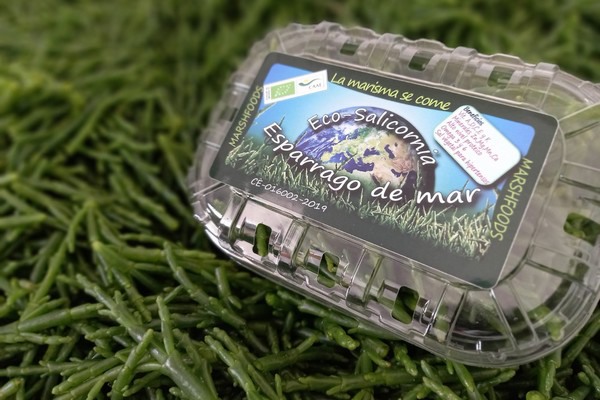
“Right now, a lot of samphire is shipped to the European market by Israel, where it is cultivated year-round, combining open ground cultivation with intensive cycles with photoperiod and lighting control in greenhouses. Spain's biggest competitor is Morocco, where the crop is mainly cultivated in Nador.”
“Competing with Morocco's prices is very challenging, because in the domestic market, our retail price amounts to around 35 euros per kilo, while the Moroccan production is sold for about 19 euros. However, we can compete in terms of freshness, as we can harvest and deliver the product to our customers in less than 24 hours, and we can also guarantee the supply of a healthy product.”
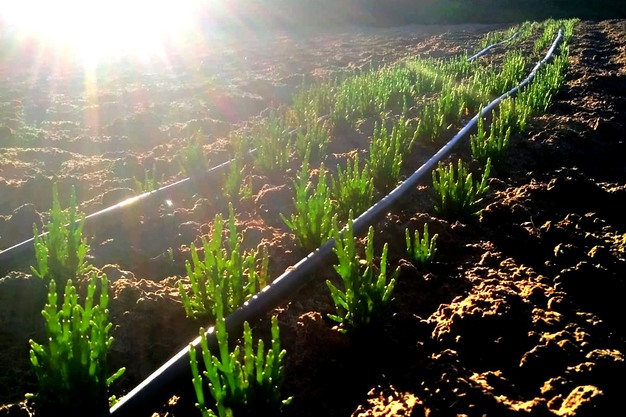
“The fact that samphire serves both as a compound to prevent strokes and as a bioremediator means that the plant has the ability to absorb everything good, but also everything bad, so if they grow in contaminated waters or soils, the product will also be. With our organically certified samphire which grows sustainably in a natural setting, we guarantee the supply of a healthy, quality product to the consumer. Our goal this year, in fact, is to bring our organic samphire to major European retailers.”
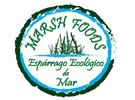 For more information:
For more information:
Marsh Foods
Tel.: +34 670 64 57 01
info@marshfoods.es
https://marshfoods.es
